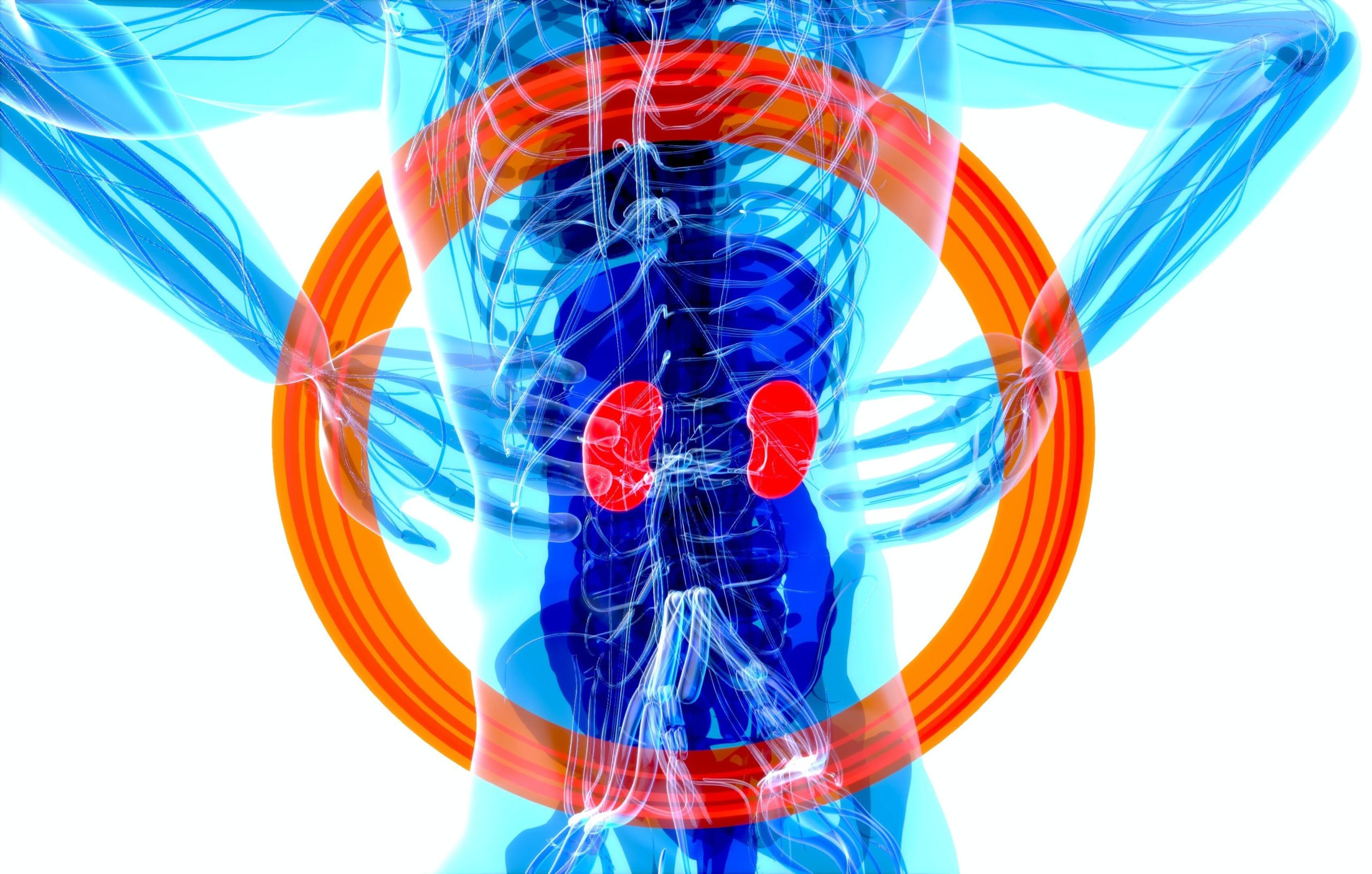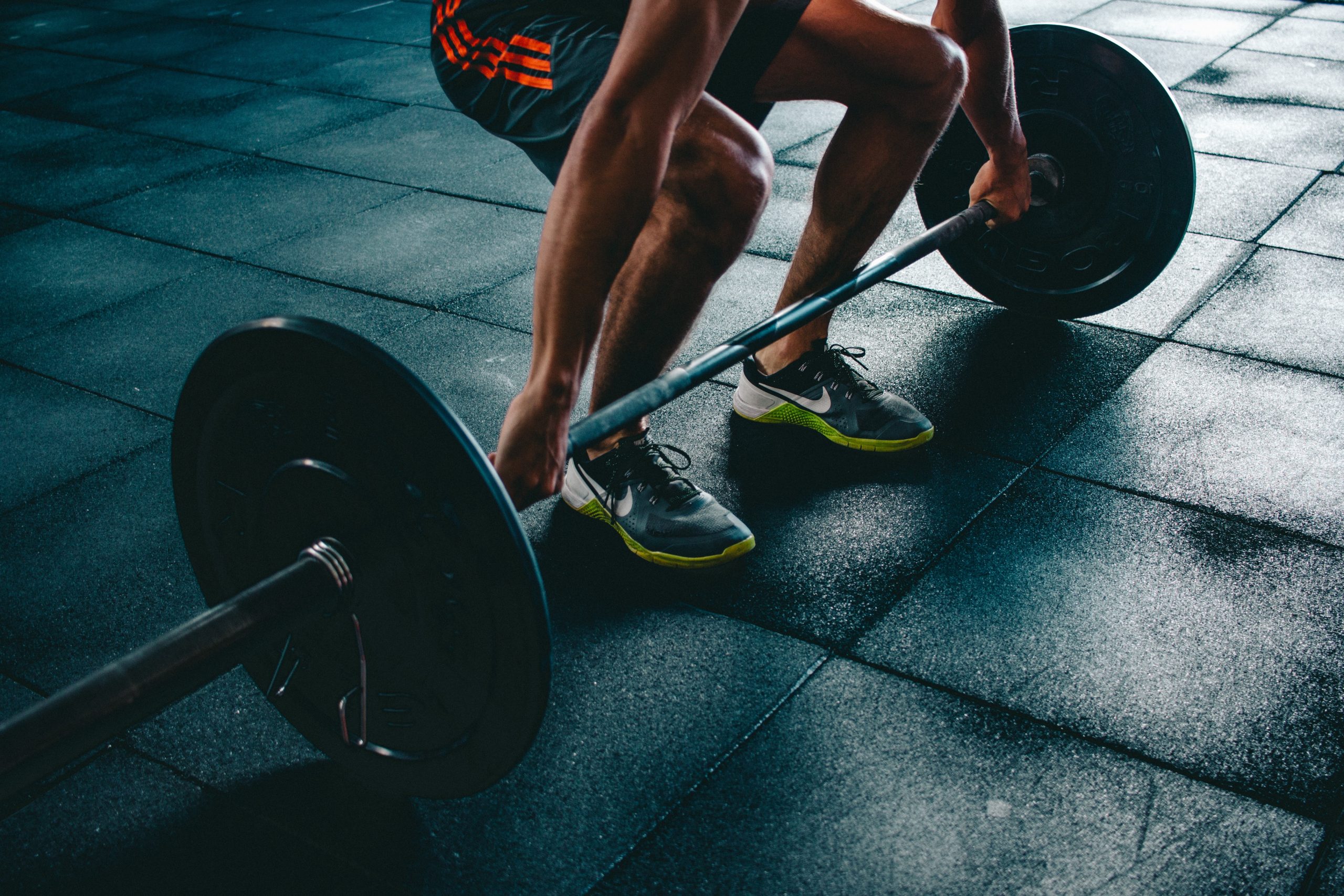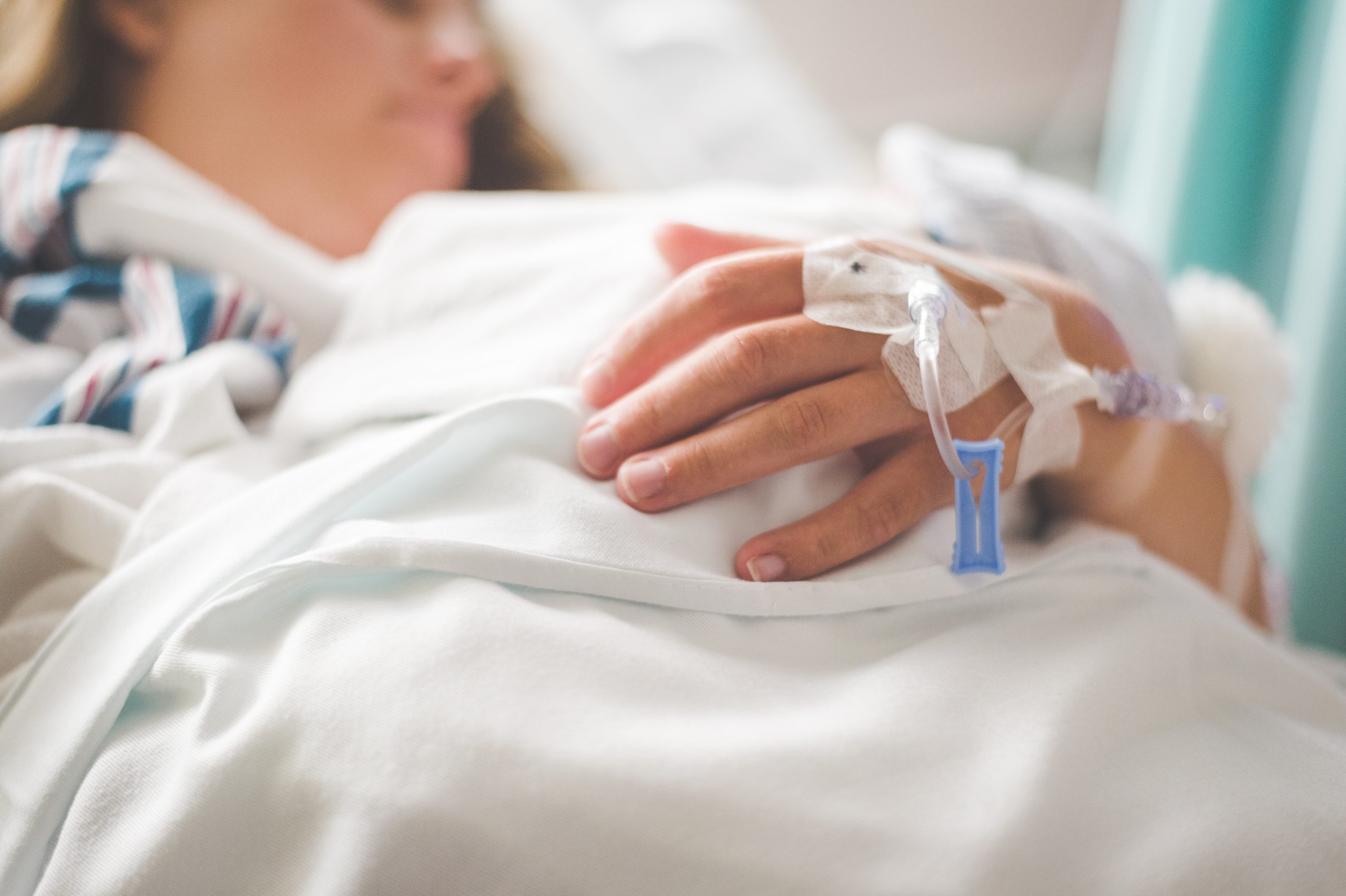“Are you doing everything you can to protect your kidneys? These vital organs play a crucial role in filtering waste and excess fluids from our body, but many of us neglect their health until it’s too late. To help you take action now, we’ve consulted with a leading doctor on kidney health. So sit back, grab a glass of water (your kidneys will thank you!), and get ready to learn what steps you can take today to keep your kidneys healthy for years to come.”
Overview of Kidney Diseases
There are a number of ways to protect your kidneys from damage, including being physically active, eating a balanced diet, and avoiding excessive alcohol and tobacco use. But there are also some things you can do to help prevent kidney disease in the first place. Here are five tips:
1. Don’t smoke or drink excessively. Both smoking and drinking can damage your kidneys over time. Each day, tobacco smoke causes about 1,000 deaths in the United States and alcohol consumption is linked with about 700,000 deaths each year.
2. Get enough exercise. Being physically active can keep your heart healthy and improve your overall health, but it also benefits your kidneys by helping to reduce inflammation throughout the body. Moderate activity helps preserve kidney function in adults as well as children. Aim for at least 150 minutes of moderate-intensity aerobic activity per week or 75 minutes of vigorous-intensity aerobic activity per week.
3. Eat a balanced diet that includes plenty of fruits and vegetables. A diet high in fruits and vegetables is linked with a reduced risk of chronic kidney diseases such as nephropathy (kidney disease), hypertension (high blood pressure), and obesity; it also has anti-inflammatory effects that may benefit kidney health.[1] In addition to eating these foods, make sure to avoid sugary drinks, processed foods, red meat, and dairy products heavy in saturated fat.[2]
4. Practice safe sex practices. Sexually transmitted infections (STIs) can
How to Protect Your Kidneys Today
There are many ways to protect your kidneys today. Here are six tips:
1. Stay hydrated, especially if you’re exercising. Drink plenty of water and avoid drinking sugary drinks or alcoholic beverages.
2. Try not to smoke. Smoking can damage your kidneys and increase your risk for kidney disease.
3. Follow a healthy diet that includes lots of fruits and vegetables, low-fat dairy products, and whole grains.
4. Exercise regularly and make sure you get enough exercise both inside and outside of the classroom or work environment. This can help keep your kidneys strong and healthy.
5. Avoid high levels of toxins in your environment including pollutants in air, water, food, and furniture polishes. These toxins can damage your kidneys over time.
What to Do If You Suspect a Kidney Disease
If you suspect that you or a loved one has a kidney disease, your first step should be to see a doctor. Here are some things to do to protect your kidneys:
•limit the amount of salt you eat. Too much salt can increase your risk of developing high blood pressure and heart disease, both of which can damage your kidneys. Try to stick to foods with less than 1,500 milligrams (mg) of sodium per day.
•try to get exercise every day. Exercise is good for your overall health, including your kidneys. It helps reduce the risk of developing hypertension and heart disease, both of which can lead to kidney damage.
•make sure you get enough fluids throughout the day. Fluid intake helps keep the kidneys working properly and reduces the chance of developing kidney problems like proteinuria or renal failure. Drink plenty of water, fruit juice, unsweetened tea, and coffee.
Conclusion
One of the best things you can do for your kidneys is to keep them healthy overall. However, there are specific things that you can do every day to help protect them from damage, including eating a healthy diet, getting enough exercise, and avoiding harmful substances. If you have any questions about how to stay renal health in check or if you need advice on any other aspect of kidney health, don’t hesitate to ask your doctor!









